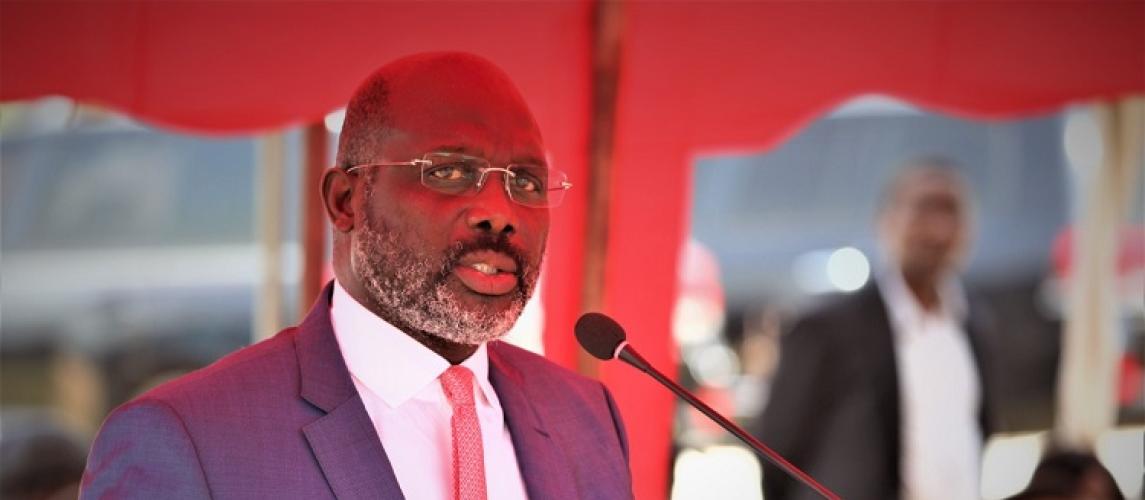
President Weah Issues Executive Order 119 To Protect Domestic Manufacturers, Stimulate Economic Growth
President Weah Issues Executive Order 119 To Protect Domestic Manufacturers, Stimulate Economic Growth
Monrovia, Liberia - The President of the Republic, H.E. Dr. George Manneh Weah has issued an Executive Order imposing subcharge on a few imported goods or raw materials in order to protect domestic manufacturers and stimulate economic growth.
Executive Order 119, which was issued Thursday, June 8, 2023, takes immediate effect, and it seeks to solidify the gains realized under Executive Order No. 103, and it is to continue to stimulate economic growth in the Liberian economy.
The Executive Order is in recognition of the increased need to continue the stimulation of local manufacturing, especially after years of slowdown in economic activities due to the COVID 19 pandemic and its ensuing economic shocks.
Executive Order 119 is government's way of recognizing the need to provide incentive for domestic job creation as envisage under Pillar 2 (Economy and Job) of the Pro-Poor Agenda for Prosperity and Development (PAPD) by protecting local businesses from unfair competition from international brands of locally manufactured goods.
The Executive Order imposes a local industry development surcharge on the importation of certain goods and/or raw materials that are imported in such quantity and manner that may injure or undermine the survival of local manufacturers.
According to the Executive Order, such products and rates shall be published by the Ministry of Finance and Development Planning.
It is noted that there shall be a transitional period of 60 days before the application of surcharges.
This period is meant to accommodate for affected goods already ordered and in transit to Liberia or with confirmed shipping dates as of the effective date of this Executive Order.
The Liberian Constitution grants the President Executive Power to issue Executive Orders in the Public interest, either to meet an emergency or to correct situations that can not await the lengthy legislative process.
Some of the products captured under this category and coded include flour, confectionery, wafer, nail ( other than zinc hooked-nail and ring nail), zinc (Corrugated Steel Steel), and cement.
Others listed are plastic wares, soap, bleach, eggs, tissue, paper towels, soft drinks, deformed bars, steel rods, metal scrap exports, etc.
